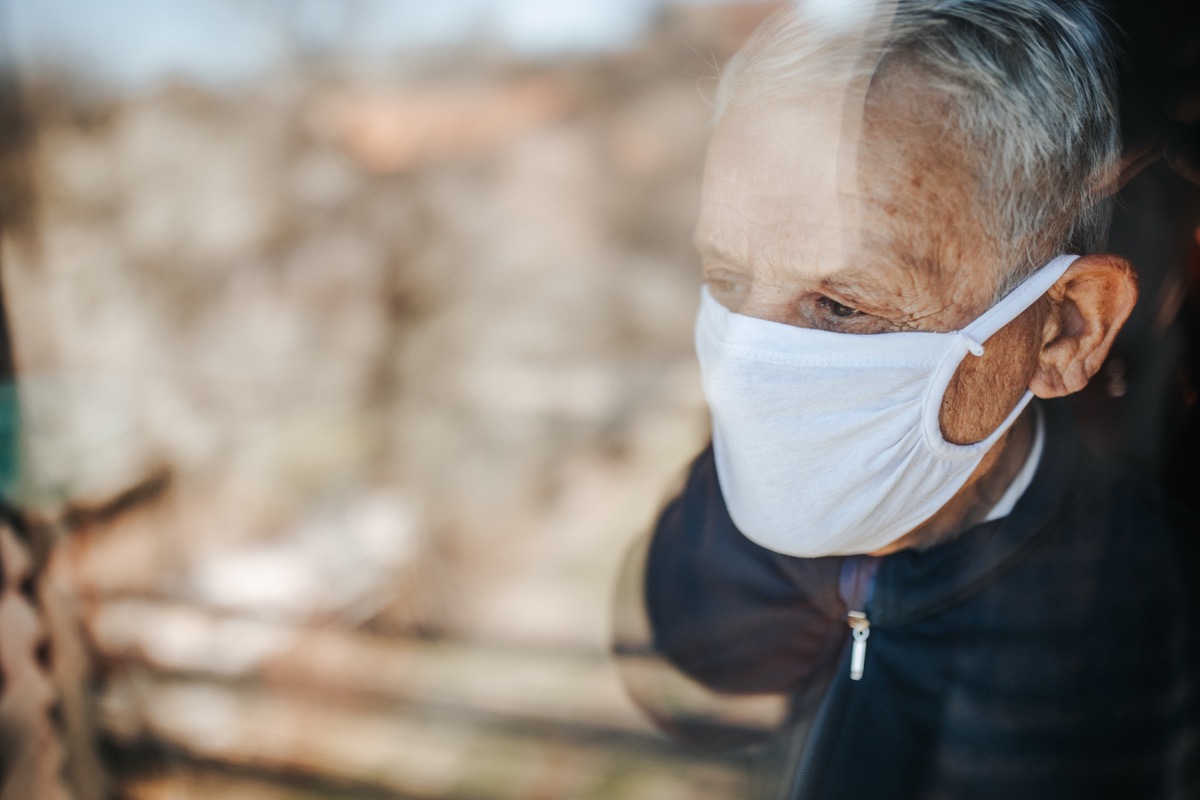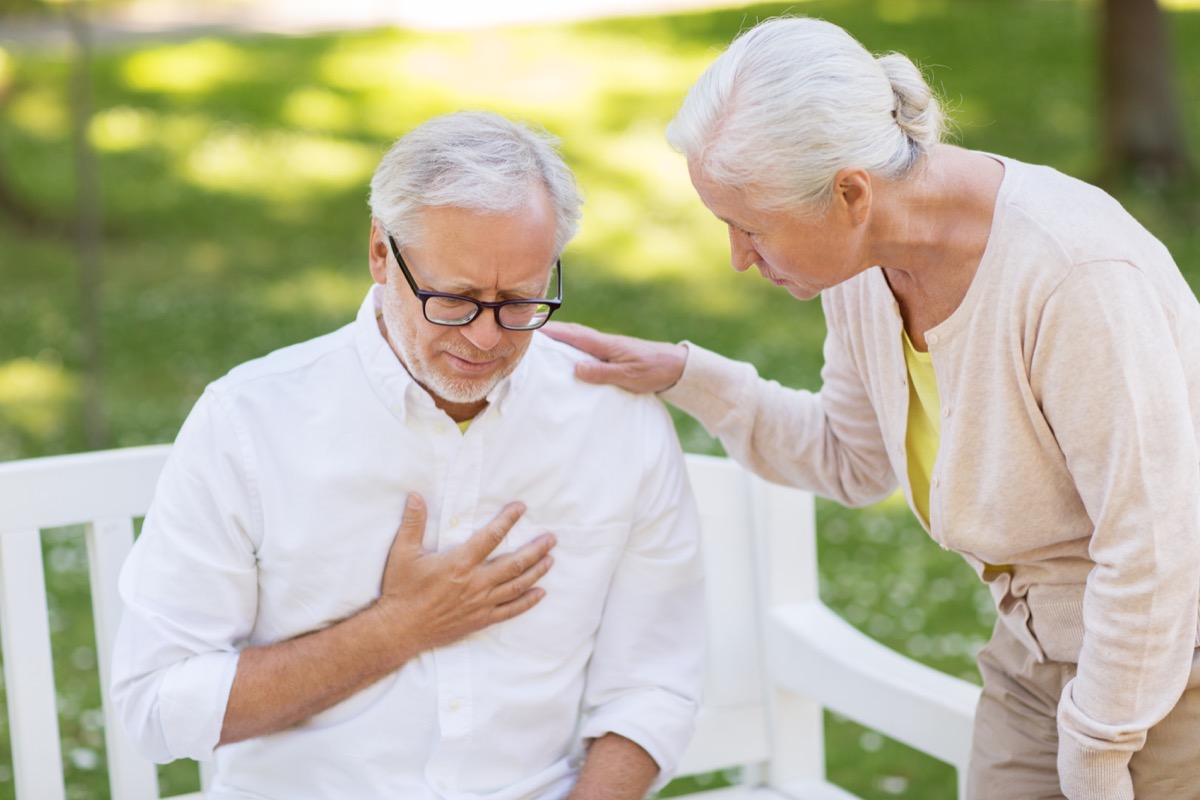The findings come on the heels of continued research from the GenOMICC Consortium, an international association of scientists that study the connections between severe illnesses and genes. These scientists compared the genes of more than 2,000 COVID-19 patients in Great Britain with those of healthy people, The Washington Post reports. Initial research from the same team, published in the journal Nature in October, pointed to those with type A blood being more likely to develop serious illness when infected with SARS-CoV-2, while those with type O blood were offered some form of effective protection from the disease. “Our genetic data confirm that blood group O is associated with a risk of acquiring COVID-19 that was lower than that in non-O blood groups, whereas blood group A was associated with a higher risk than non-A blood groups,” the authors wrote. The original study also found a location on chromosome 3 that was linked to respiratory failure and now, other genetic markers that point to how specific people handle infections are becoming clear. For example, a gene named IFNAR2, which allows cells to build a protein receptor for an immune molecule, can be a measure of how bad one’s COVID battle will be. A weak response could allow the virus to quickly infect and take over a patient’s body. Despite the potential for major therapies to be developed as a result of the findings, the study’s authors still caution that there’s likely much more to the picture than meets the eye. “A chunk of the answer is in our genes [but] it’s unlikely that a single element is fully responsible for the development of severe COVID-19,” Sara Clohisey, PhD, study author and a researcher at the University of Edinburgh, told The Post. “It’s more likely to be a combination of factors.” The study authors note that genes likely play in tandem with other known health complications that raise the risk of severe COVID in patients. Read on to see which conditions increase the likelihood of a serious bout with COVID, and for more on pre-existing conditions that could have the opposite effect on you, check out If You Have This Common Condition, You Might Be Safe From COVID. Read the original article on Best Life. The Centers for Disease Control and Prevention (CDC) says that obesity is a high-risk factor for severe COVID-19. Research has found that people who are considered obese—which means they have a body mass index, or BMI, of 30 or higher—are more likely to be hospitalized after being infected with the coronavirus than those who are not. And for more symptoms that could mean you’re coming down with COVID, check out This Strange Pain Could Be the First Sign You Have COVID, Study Says. Although the CDC adjusted its recommendations to broaden its stance on how age plays into your risk of severe COVID-19, the agency maintains that it is still very much a factor. “CDC now warns that among adults, risk increases steadily as you age, and it’s not just those over the age of 65 who are at increased risk for severe illness,” their site says. And if you’re curious if that tickle is something serious, here’s How to Tell If Your Cough Is COVID, Doctors Say. According to the CDC and medical experts around the world, people with type-2 diabetes have been considered among the highest risk for severe cases of COVID-19 since early in the pandemic. In fact, a recent French study highlighted the level of severity individuals with the condition face when infected with coronavirus, finding that 10 percent of patients with diabetes who were hospitalized for severe COVID-19 died within a week of being admitted. And for more regular updates on the pandemic, sign up for our daily newsletter.ae0fcc31ae342fd3a1346ebb1f342fcb The CDC warns that any type of preexisting heart condition may put you at a higher risk of severe COVID-19. But the agency points out that of all conditions, heart failure, coronary artery disease, cardiomyopathies, and pulmonary hypertension are the most concerning. And for symptoms of COVID to be aware of before things take a turn, check out If You Have These 2 Subtle Symptoms, There’s a Good Chance You Have COVID.



